Working from home can be empowering. You’re in charge of your schedule, your space, and often—your meals. But with tight deadlines and Zoom fatigue, it’s tempting to grab processed food or order takeout. That’s where sustainable meal prep steps in—not just to save time, but to help remote workers lead healthier, more eco-conscious lives.
This guide isn’t about complicated recipes or perfection. It’s about realistic, easy steps toward a greener kitchen and a more mindful remote work lifestyle.
Why Sustainable Meal Prep Matters (Especially When You Work from Home)
When you’re not commuting, you have more flexibility—but also more responsibility for how you consume resources. Your kitchen becomes your workplace, your cafe, and sometimes even your stress outlet.
Here’s what unsustainable eating at home often looks like:
Ordering food that comes in plastic packaging
Wasting leftovers because they weren’t stored properly
Eating processed snacks wrapped in single-use plastics
Buying more groceries than you need (and throwing some out)
By embracing eco-friendly meal prep, you can:
Reduce your personal carbon footprint
Save money in the long run
Improve your health and energy levels
Cut down on packaging waste
And honestly? Food just tastes better when it’s made with intention.
If you are curious about how your remote work lifestyle affects the planet, check out our in-depth guide on remote work and your carbon footprint.
1. Shop Smart: Seasonal, Local & Low-Waste
Choose Seasonal & Local Ingredients
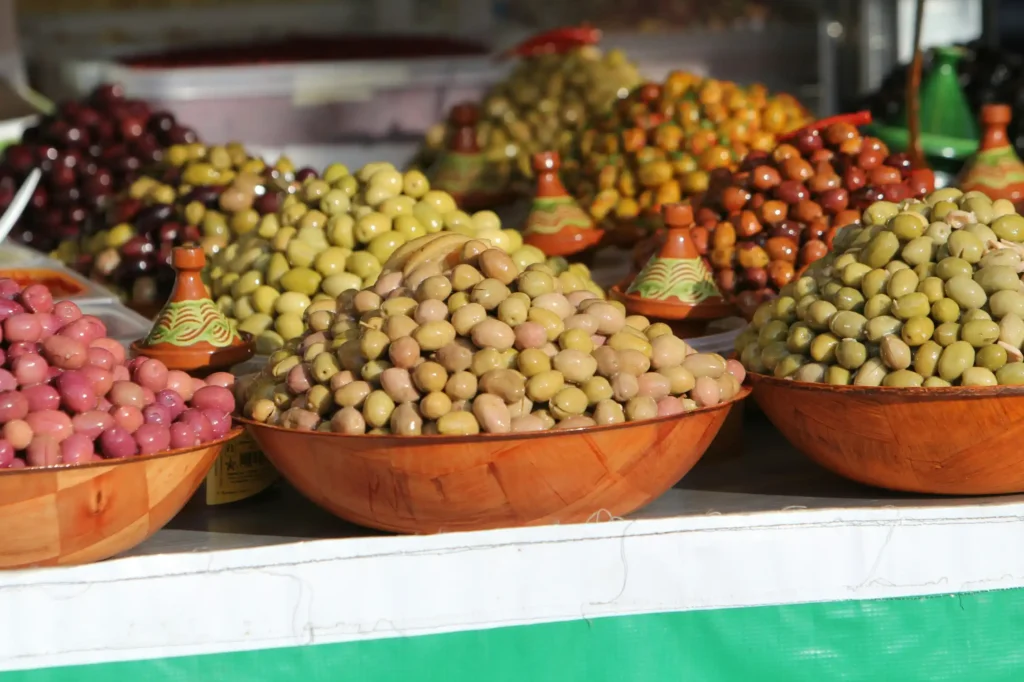
Eating with the seasons is one of the simplest ways to eat sustainably. Produce that’s in season:
Requires fewer resources to grow
Doesn’t need to travel far (lowering transportation emissions)
Tastes fresher and better
How to start:
Check out local farmers’ markets
Join a CSA (Community Supported Agriculture) box
Use online tools to identify seasonal foods in your region
Avoid Excess Packaging
Whenever possible, choose produce that isn’t wrapped in plastic. Buy grains, nuts, and legumes in bulk using reusable containers or cloth bags.
2. Prep in Batches to Save Time & Energy
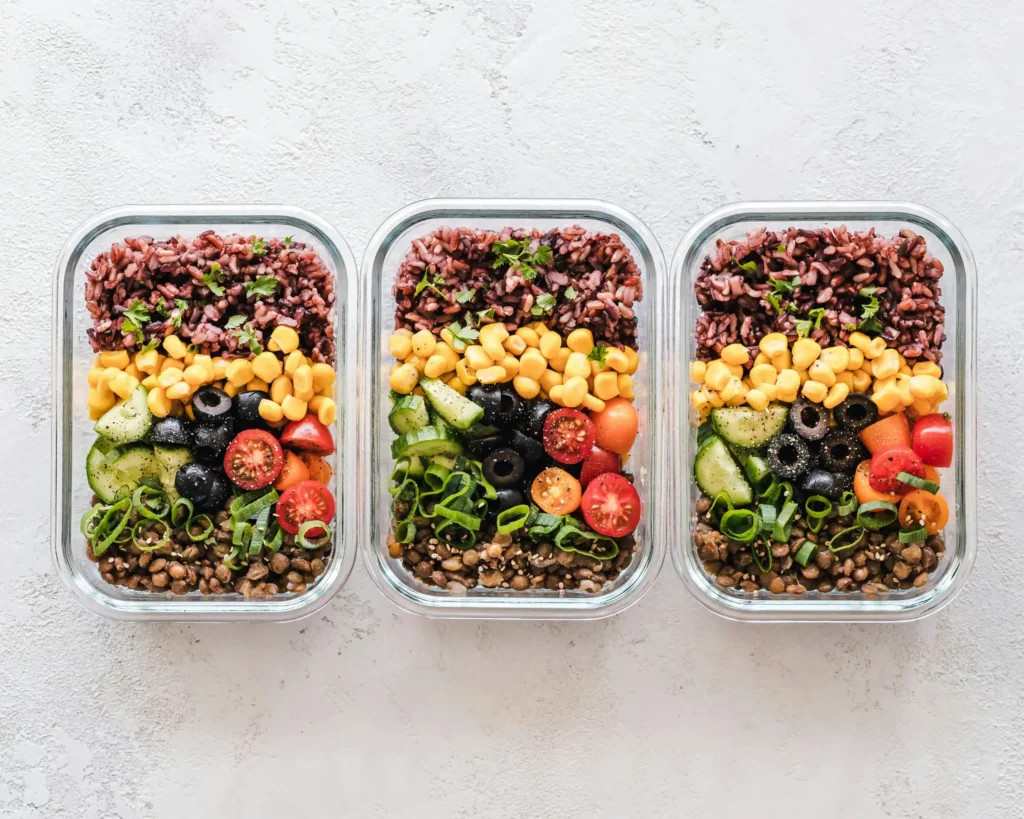
Batch cooking is the ultimate remote work hack. You save time, conserve electricity/gas, and reduce the temptation to order takeout when you’re too tired to cook.
Easy Batch-Prep Ideas:
Soups and stews (lentil soup, veggie chili)
Grain bowls (quinoa, farro, brown rice with veggies and sauce)
Sheet pan meals (roasted veggies and tofu)
Pasta sauces (store in glass jars for the week)
Make 3–5 base meals on a Sunday and switch up toppings, sauces, or sides through the week.
3. Choose Plant-Based Proteins
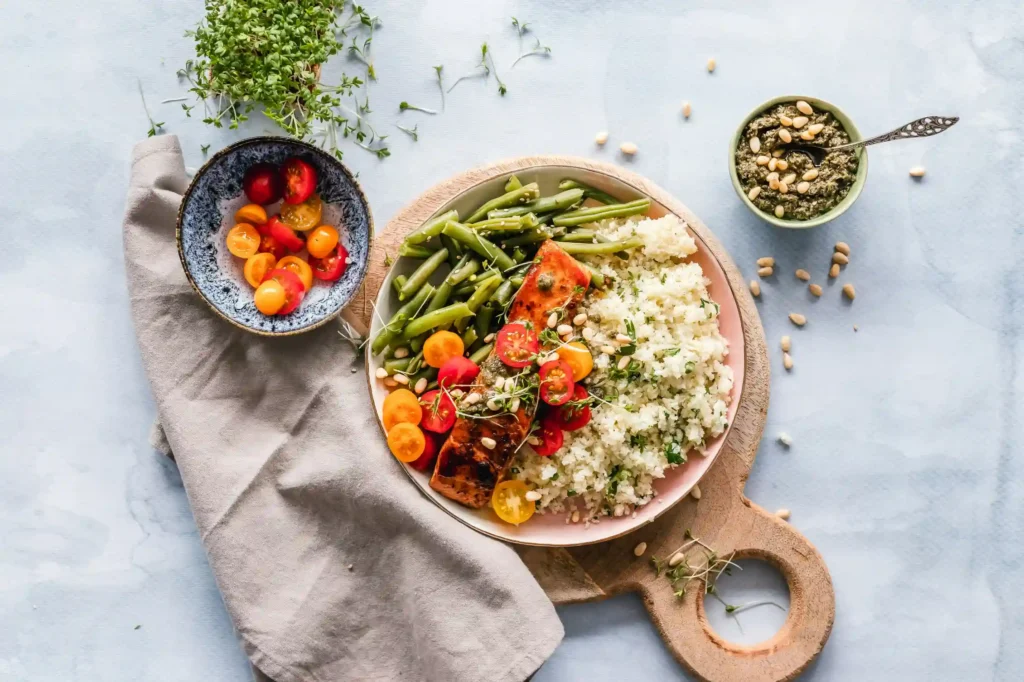
Reducing meat and dairy—even a few times a week—has a massive environmental benefit. Plant-based proteins use fewer resources and produce significantly fewer greenhouse gases.
Best Plant-Based Proteins:
Lentils
Chickpeas
Tofu and tempeh
Quinoa
Nuts and seeds
Black beans and kidney beans
Sample meal:
Chickpea spinach curry with brown rice + homemade flatbread.
4. Use Reusable Containers & Eco-Friendly Tools
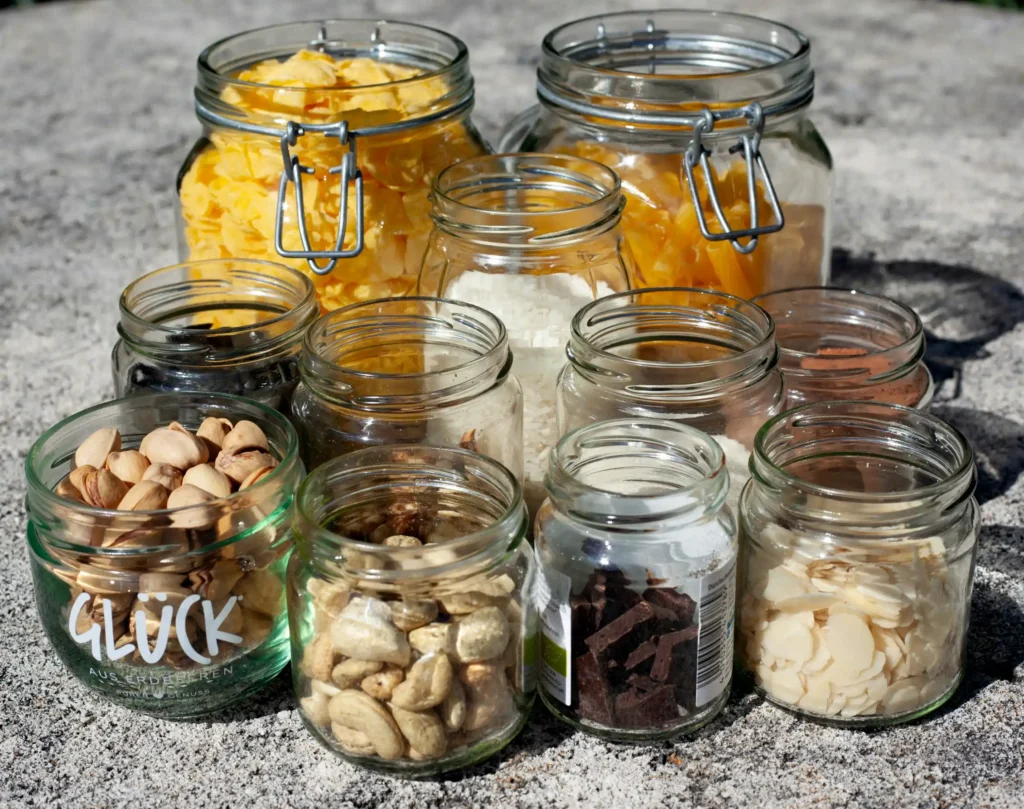
Meal prepping sustainably isn’t just about what you cook—how you store it matters too. Ditch single-use plastics and opt for durable, reusable solutions.
Must-Have Eco Meal Prep Tools:
- Glass containers with airtight lids
- Mason jars for smoothies, salads, and soups
- Stainless steel lunch boxes
- Beeswax wraps (great for sandwiches or cheese)
- Reusable silicone bags for freezing or snacks
- Compostable sponges & cloth towels for cleaning up
Bonus tip: Label containers with dry-erase markers to track dates or ingredients.
5. Compost Your Scraps Like a Pro

Did you know food waste is a major methane emitter? Composting food scraps keeps organic waste out of landfills and gives you a nutrient-rich soil amendment (great for indoor herb gardens!).
What You Can Compost:
- Veggie peels
- Coffee grounds and filters
- Eggshells
- Fruit scraps
- Tea bags (check if they’re plastic-free)
No backyard? No problem. Try:
- Indoor compost bins
- Bokashi bins
- Community compost drop-offs
6. Sustainable Snack Prep for Busy Days
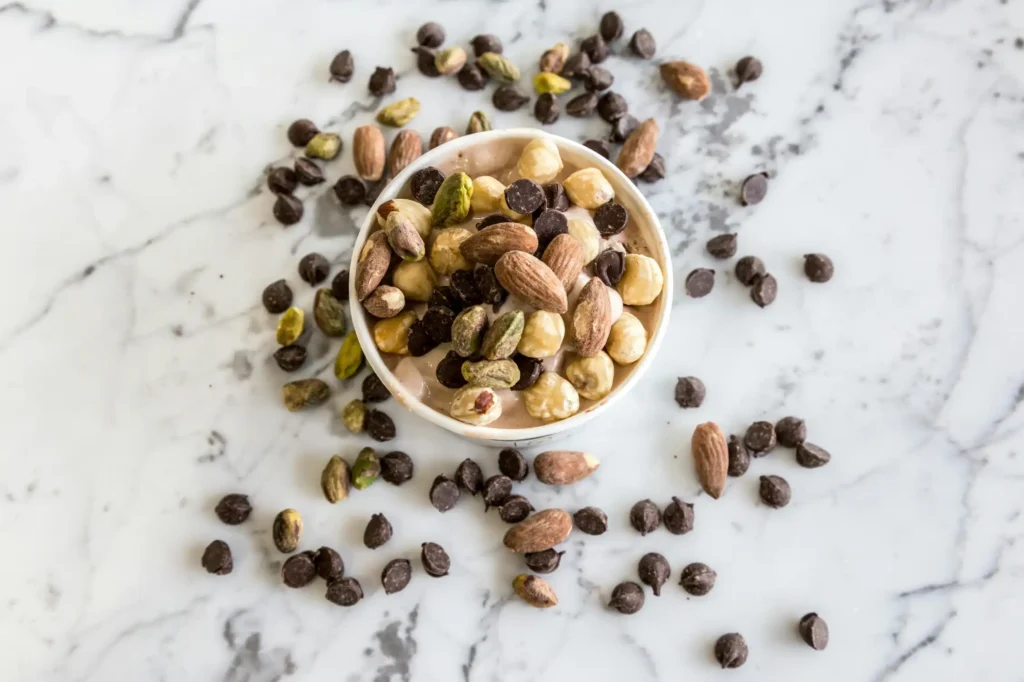
Skip the plastic-wrapped chips. Your sustainable snacks can be prepped in minutes, stored easily, and customized to your taste.
Easy Eco Snacks:
Roasted chickpeas (seasoned with olive oil and spices)
Energy balls (dates, oats, peanut butter)
DIY trail mix (nuts, dried fruits, seeds)
Hummus with cut veggies (stored in glass jars)
Homemade granola bars
Keep them handy for that 4 p.m. Zoom slump.
7. Drink Green: Sustainable Beverages
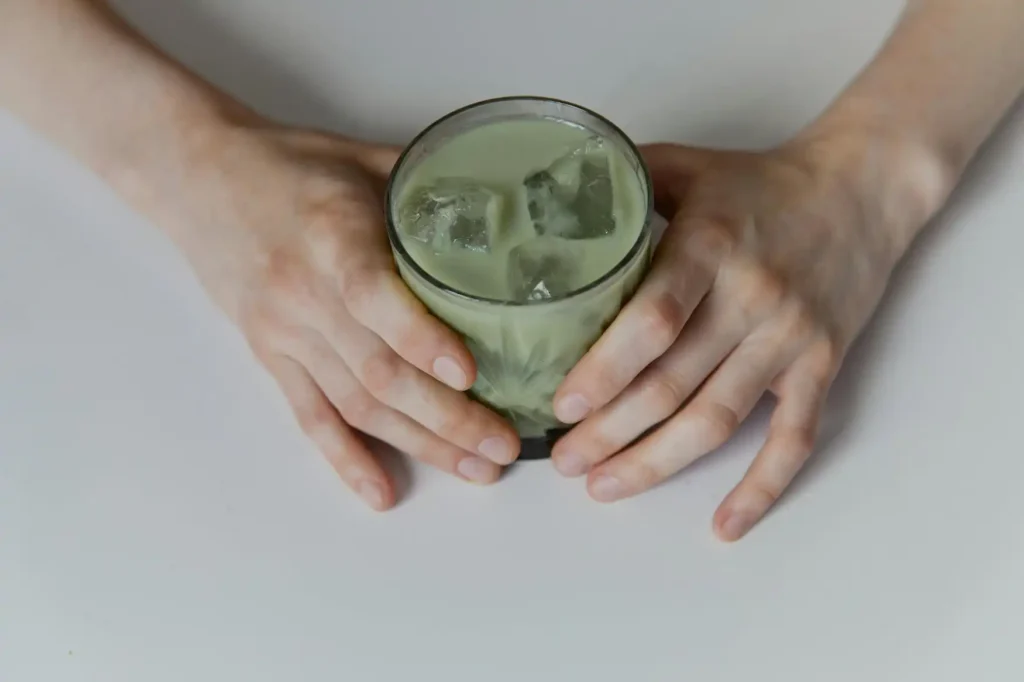
Instead of bottled drinks or single-use coffee pods, stock up on:
Loose leaf tea or compostable tea bags
Cold brew coffee made at home
Fruit-infused water in a glass pitcher
Plant-based milk (make your own oat or almond milk to reduce packaging)
Invest in:
A reusable coffee mug
A stainless steel or glass water bottle
A French press or pour-over coffee maker
8. Grow Your Own: Herbs, Greens, and More
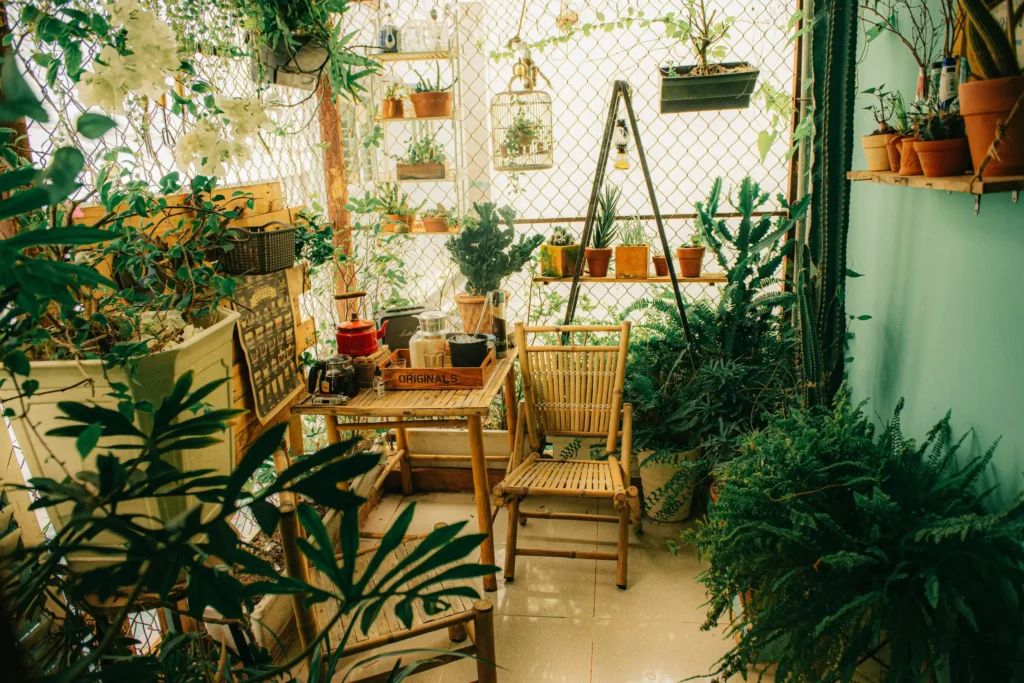
You don’t need a garden to grow your own food. Even a small kitchen window can become a green oasis.
Start with:
Basil, mint, parsley (kitchen herbs)
Microgreens (sprout in 5–10 days)
Green onions (regrow in water)
Cherry tomatoes (in pots or hanging planters)
It’s rewarding, reduces your grocery trips, and connects you more deeply with your food.
9. Use Leftovers Creatively
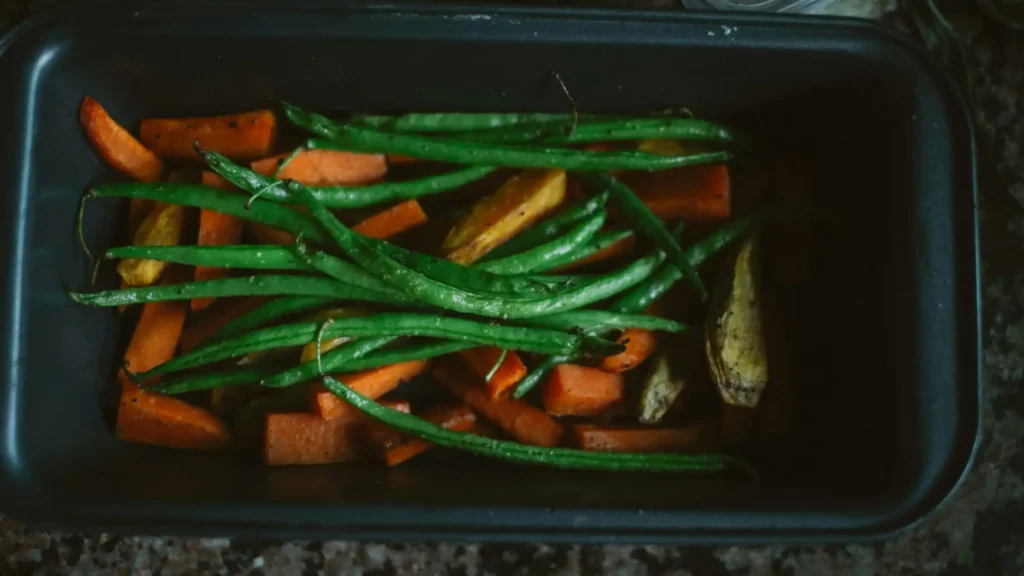
Don’t toss that last bit of rice or the half-cut avocado. Reinvent it!
Leftover Transformation Ideas:
- Roasted veggies → wrap or grain bowl
- Cooked pasta → frittata or pasta salad
- Rice → fried rice with eggs and greens
- Soup → base for a stew or curry
Rule of thumb: Keep a “leftovers day” mid-week to clear your fridge and avoid waste.
10. Build a Routine You Actually Enjoy
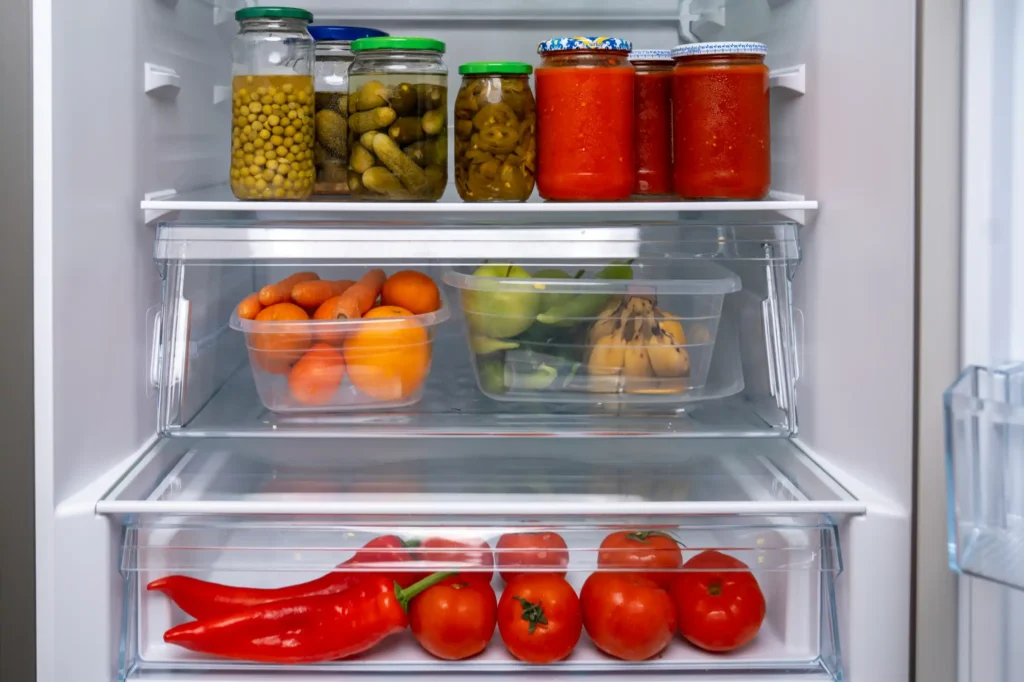
Consistency is the secret ingredient to sustainable living. Don’t aim for a perfect Pinterest kitchen. Instead, build a simple, repeatable system:
- Set aside 2 hours on Sunday or Monday for prep
- Plan 3–4 main meals + 2 snacks for the week
- Keep a shopping list and update it during the week
- Use meal planning apps (like Yummly or Mealime)
Tip: Keep your favorite recipes printed or saved digitally for quick reference.
Final Thoughts: A Greener Plate Starts at Home
Sustainable meal prep isn’t a trend—it’s a mindset. As a remote worker, you have a unique opportunity to take control of your food, your waste, and your habits. The little things—like prepping a few plant-based meals, composting your scraps, or ditching plastic bags—can add up to big change.
And here’s the best part? You don’t have to be perfect. Just intentional.
Let your kitchen reflect your values: simplicity, sustainability, and self-care..




